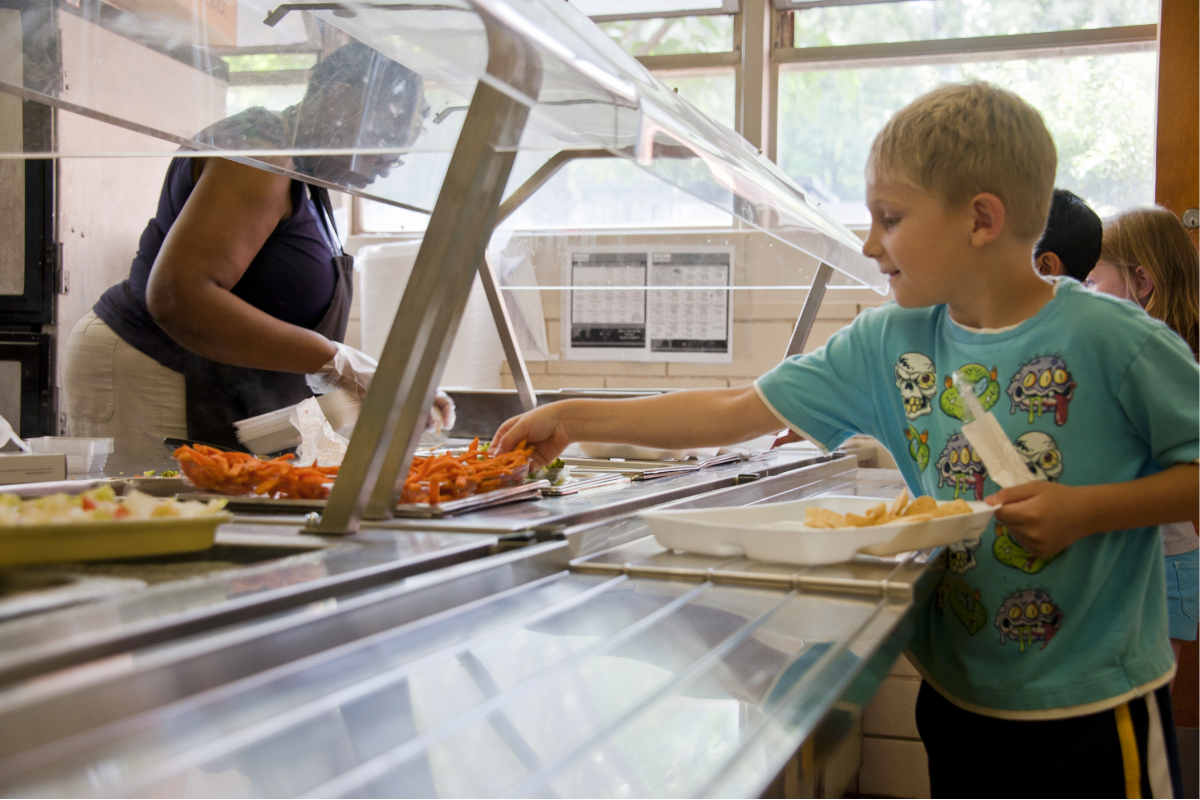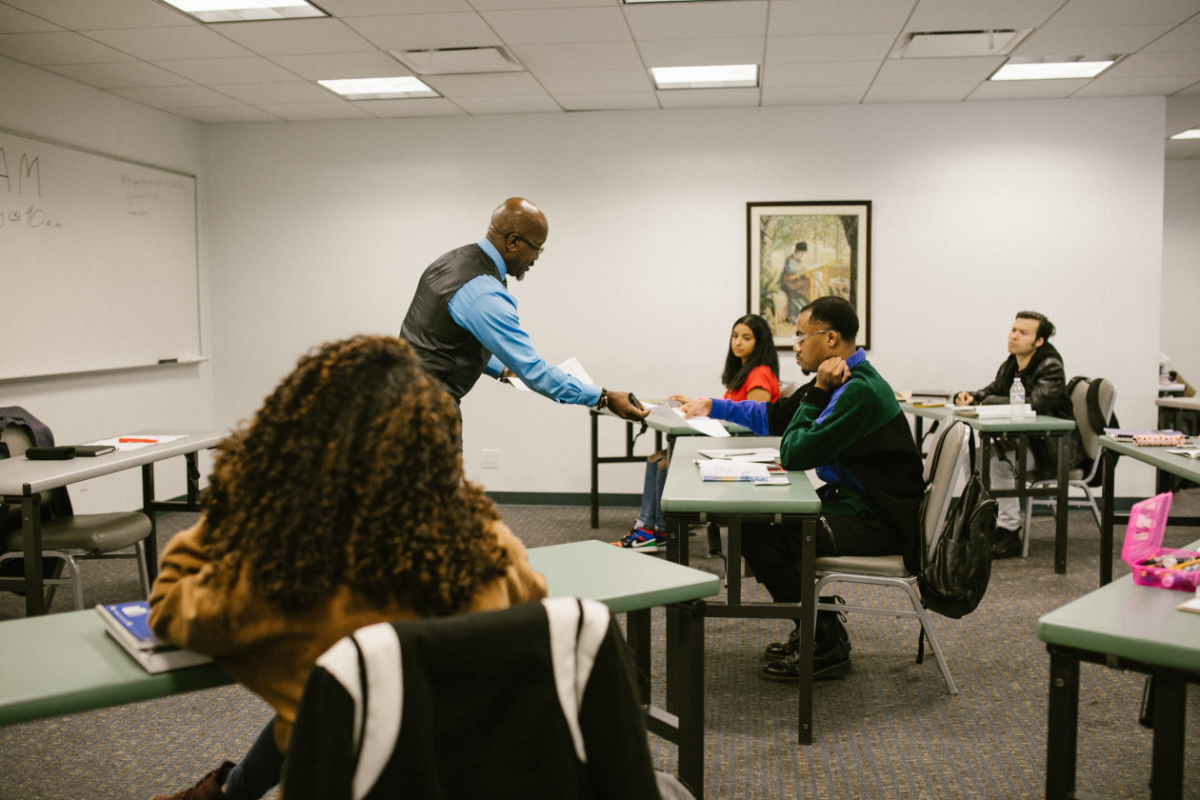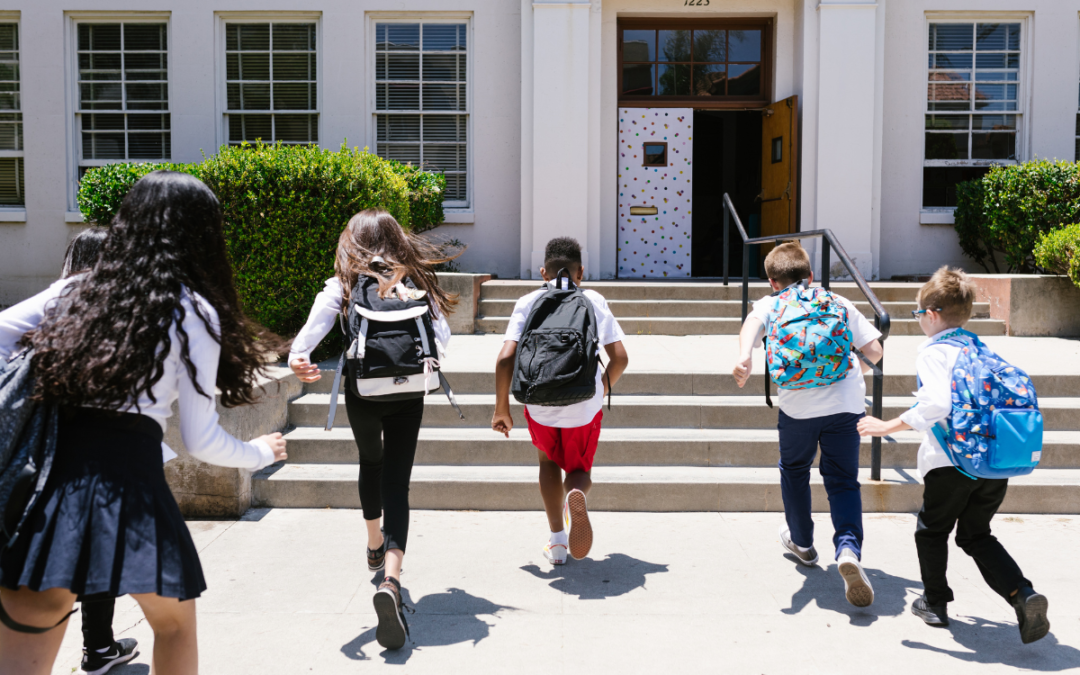By RODNAE Productions from Pexels
Many educational disparities exist within the US public education system. The academic achievement gap between K-12 students of different socioeconomic backgrounds continues to grow. The history of socioeconomic inequality in the US is complex and systemic. Researchers from Northwestern University and the University of Texas have recently researched how it relates to student mindsets.
Mindset
Student mindsets is a hot topic in education and mental health. The Merriam-Webster dictionary defines mindset as “a mental attitude or inclination.” Individuals are thought to have either a ‘fixed’ or ‘growth’ mindset. Regarding learning and academics, a fixed mindset is a belief that intelligence is unchangeable or fixed. An individual with a growth mindset believes intelligence can be developed and malleable. The literature shows a connection between a fixed mindset and lower academic achievement; perhaps more alarmingly, students with a fixed mindset avoid challenges (Blackwell et al., 2007; Yeager & Dweck, 2012). While this fact is well established in the literature, there have not been any studies examining the association between socioeconomic status and student mindsets.
the study

Socioeconomic status (SES) is a complex construct that considers the availability of resources, the neighborhood and school environment, social experiences, opportunities, and more. Any of these factors could potentially impact student mindset. The authors of this study based socioeconomic status on maternal education level and eligibility for free or reduced lunch.
“You have a certain amount of intelligence, and you really can’t do much to change it.”
“Your intelligence is something about you that you can’t change very much.”
As an educator, feel free to ask yourself these same questions. What shapes your answer? Would your response have been different at a different time in your life?
Students with advantageous backgrounds had a less fixed mindset than students who were from a lower SES background. Children who don’t receive free lunch and whose mothers received an education are more likely to adopt a growth mindset and achieve academically. This is an academic disadvantage before children even set foot into a school. However, it is essential to note that students who had a growth mindset regardless of SES were higher achievers.
SUMMARY OF FINDINGS

- Students with less-fixed mindsets received higher grades
- Students with a fixed mindset averaged grades of C+ while students with a flexible mindset averaged B-
- Students who had a more flexible perspective did better academically regardless of SES (including when controlled for gender, race, and ethnicity)
- Maternal education significantly impacts mindset, and therefore an indirect impact on academic success
Action Steps for Educators
What can we do to provide a more equitable educational environment for all students, regardless of socioeconomic status? This literature shows promise for children who adopt a growth mindset. As a result, by providing a safe space to learn about and practice mindset, you can give your students not only the ability to achieve more academically but teach them a life skill that will make them more resilient.
Add the topic of mindset to your curriculum
Mindset can be built into curriculums as early as pre-kindergarten through high school, college, and beyond. A variety of lesson-based programs exist for students of all ages. Therefore, if the whole team isn’t on board with teaching about mindset, share the results of this study and emphasize the potential for improved academic success.
RECOGNIZE GROWTH
Peers recognize the impact of a growth mindset when it helps one of their own. Ask your student privately for permission to share an example of how their attitude helped with success and, as a class, recognize their achievement. When I was a freshman having trouble adjusting to a new school, I wrote an essay about being resilient in challenging times (though I didn’t know it then, it was about a practical application of a growth mindset). My English teacher did recognize this and noted my growth as he passed back the graded papers. It provided an excellent example for my peers while reinforcing the importance of a growth mindset, and I consider it a pivotal moment in my education.
CONNECt
Use any tools available to your district to make further connections. Invite in professionals like social workers or school counselors, share your own stories or learn about others who overcame adversity, and invite guest speakers from the student’s community. Check to see if there are any additional resources through your state’s department of education.
talk it out
Ask your students the same questions as the researchers used to determine mindset Rate the following questions from 1 (strongly disagree) to 10 (strongly agree).
You have a certain amount of intelligence, and you really can’t do much to change it.
Your intelligence is something about you that you can’t change very much.
Let your students privately write down their rating and initial thoughts. Share your thoughts from when you completed their exercise as a way to start the conversation. What made them rate their answer? Their experiences? The experience of adults in their lives? The availability of resources? Be sure to make it optional for students to share since this is very personal.
Advocate for universal adoption of growth mindset in your school
Students interact with many adults in a given day, providing plenty of opportunities to teach, demonstrate, and recognize growth mindset. Imagine the opportunity to consistently practice a growth mindset when your students transition from math class to science lab to physical education and art.
Resources
Blackwell, L., S., Trzesniewski, K. H., & Dweck, C. S. (2007). Implicit theories of intelligence predict achievement across an adolescent transition: A longitudinal study and an intervention. Child Development. 78(1), 246-263. https://doi.org/10.1111/j.1467-8624.2007.00995.x
Carnevale, A. P., Fasules, M. L., Quinn, M. C., & Cambell, K. P. (2019). Born to win, schooled to lose. Washington DC: Georgetown University Center on Education and the Workforce.
Destin, M., Hanselman, P., Buontempo, J., Tipton, E., & Yeager, D. S. (2019). Do student mindsets differ by socioeconomic status and explain disparities in academic achievement in the united states? AERA Open. 5(3), 1-12. https://doi.org/10.1177/2332858419857706
Sisk, V. F., Burgoyne, A. P., Sun, J., Butler, J. L., & Macnamara, B.N. (2018). To what extent and under which circumstances are growth mindsets important to academic achievement? Two meta-analyses. Psychological Science, 29(4), 549-571. https://doi.org/10.1177/0956797617739704
7 Mindsets Curriculum https://7mindsets.com
Compendium of Studies that Measure Learning Mindsets https://studentexperiencenetwork.org/csmlm/
Mindset Works Hybrid and Distance Learning Programs https://www.mindsetworks.com
Transforming Education’s Free Growth Mindset Toolkit https://transformingeducation.org/resources/growth-mindset-toolkit/



Recent Comments